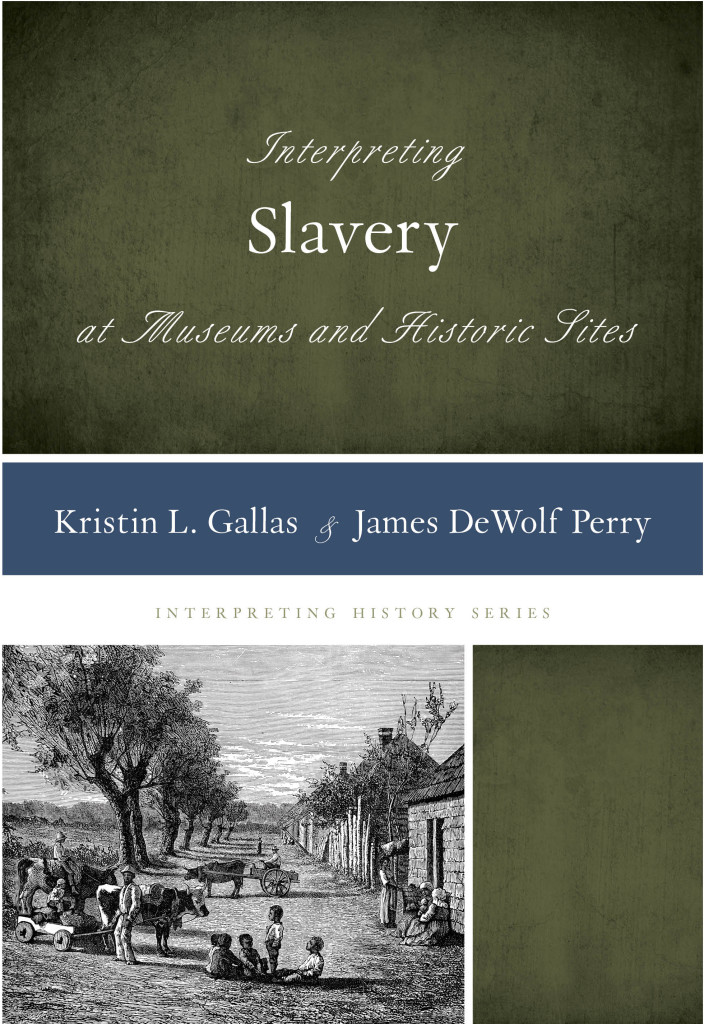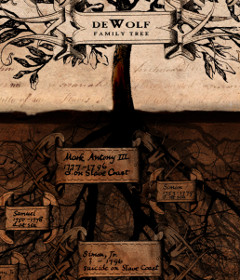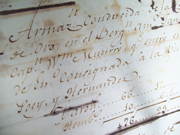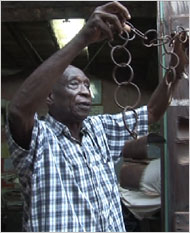Sun 4 Jan, 2015
Hot off the press: our new book, “Interpreting Slavery at Museums and Historic Sites”
Comment now Filed under: History| Tags: Slave trade, Slaveowning, Slavery, The North, Tracing Center |
 I posted this announcement over at the Tracing Center earlier this week.
I posted this announcement over at the Tracing Center earlier this week.
We’re pleased to announce the release of the Tracing Center’s new book, Interpreting Slavery at Museums and Historic Sites (Rowman & Littlefield, 2014).
“This seminal work … will make a significant impact.”
— Rex M. Ellis, Associate Director, Smithsonian National Museum of African American History and Culture
Interpreting Slavery, edited by Kristin Gallas and James DeWolf Perry, is the most visible product to date of a three-year Tracing Center project to develop and disseminate best practices in slavery interpretation. This project has also included surveys of the field, workshops at historic sites and museums, conference presentations and instructional sessions, as well as additional publications.
The book is a collaboration with seven leading public historians with deep expertise in navigating the interpretation of slavery:
- Dina A. Bailey, National Center for Civil and Human Rights
- Patricia Brooks, National Endowment for the Humanities
- Richard C. Cooper, National Underground Railroad Freedom Center
- Conny Graft, Conny C. Graft Research and Evaluation
- Linnea Grim, Monticello
- Katherine D. Kane, Harriet Beecher Stowe Center
- Nicole A. Moore, Museum Educator and Historic Consultant
 While I usually blog at the
While I usually blog at the  As I returned to the U.S. from Havana last night, the Associated Press released a story on our visit, “
As I returned to the U.S. from Havana last night, the Associated Press released a story on our visit, “ Slavery in New England was brutal and lasted, in its official form, for 150 years. Enslavement greatly enriched the colonists and, later, citizens of New England, and only died out gradually and fitfully.
Slavery in New England was brutal and lasted, in its official form, for 150 years. Enslavement greatly enriched the colonists and, later, citizens of New England, and only died out gradually and fitfully.
